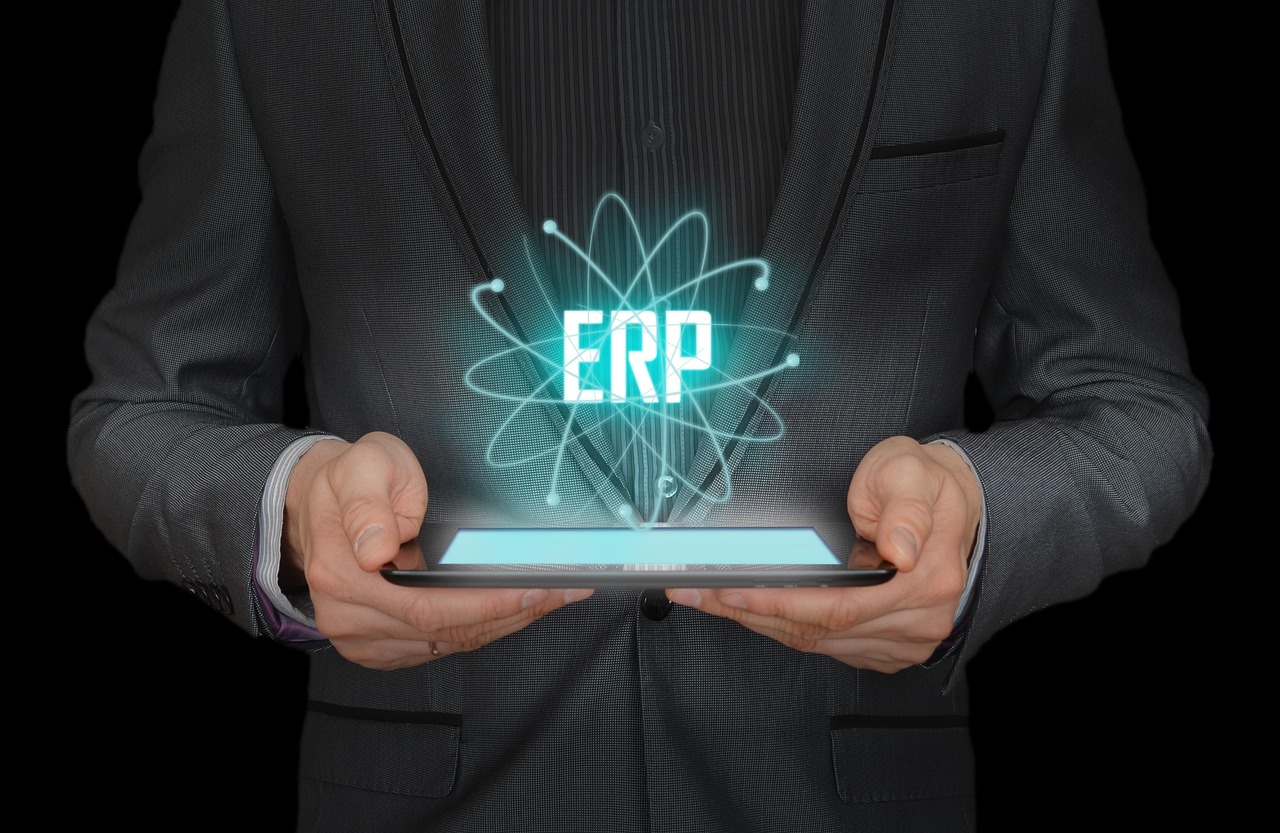ERP Integration: Unifying Your Business for Efficiency, Automation & Growth

In today’s fast-paced digital environment, ERP Integration is no longer a luxury—it’s the backbone of modern business operations. Companies aiming for sustainable growth, real-time data access, and seamless communication across departments need a unified system that connects everything: from accounting to supply chain, from CRM to HR.
What Is ERP Integration?
ERP Integration refers to the process of connecting your Enterprise Resource Planning (ERP) system with other software and platforms across your organization. This includes e-commerce, CRM, marketing tools, business intelligence systems, and more. The goal is simple: eliminate data silos, automate processes, and gain a 360° view of your business.
Why Is ERP Integration Important?
-
Centralized Data, Smarter Decisions
With proper ERP Integration, businesses no longer rely on scattered spreadsheets or disconnected apps. All departments work with real-time, accurate, and synchronized data—leading to faster, more confident decision-making. -
Enhanced Operational Efficiency
Automating repetitive tasks and syncing systems reduces manual errors, saves time, and boosts productivity. From sales orders to inventory updates—ERP Integration ensures everything flows smoothly. -
Improved Customer Experience
Integrated systems allow customer service, sales, and logistics to access the same up-to-date data. That means quicker responses, accurate delivery times, and a seamless customer journey. -
Scalability & Flexibility
As businesses grow, so do their systems. ERP Integration allows organizations to expand without losing control, by adding new modules, tools, or platforms without starting from scratch. -
Compliance & Risk Management
A unified ERP Integration strategy enables better tracking, reporting, and audit trails—helping companies stay compliant with legal and industry standards.
Key Areas Where ERP Integration Matters Most
-
CRM Integration: Synchronize sales pipelines, customer data, and order histories for better client management.
-
E-Commerce Integration: Ensure stock levels, orders, and shipping data flow automatically between your ERP and your online store.
-
Finance Integration: Automate invoicing, payments, budgeting, and accounting with real-time ERP sync.
-
HR Integration: Connect employee records, payroll, and performance management with ERP systems.
-
Manufacturing & Inventory Integration: Real-time tracking of raw materials, production, and warehouse operations directly within your ERP system.
Challenges in ERP Integration (And How to Overcome Them)
While the benefits are clear, implementing ERP Integration can come with hurdles—such as system incompatibility, high setup costs, or lack of internal expertise. That’s why it’s crucial to work with experienced integration partners who provide tailored solutions and post-launch support.
How to Ensure a Successful ERP Integration
-
Define clear business goals and integration objectives
-
Choose scalable and API-friendly ERP systems
-
Collaborate with all departments for seamless data flow
-
Invest in training and change management
-
Continuously monitor and optimize performance
Real Results of ERP Integration
Businesses that embrace ERP Integration report:
-
30–50% faster operations across departments
-
Up to 70% fewer manual errors in data entry
-
Enhanced customer satisfaction and retention
-
Reduced IT and administrative costs
-
Greater agility in responding to market changes
Future-Proof Your Business with ERP Integration
Whether you’re a growing SME or a large enterprise, ERP Integration is key to digital transformation. It empowers your teams, streamlines your processes, and equips you with data-driven insights to stay competitive in a dynamic market.

